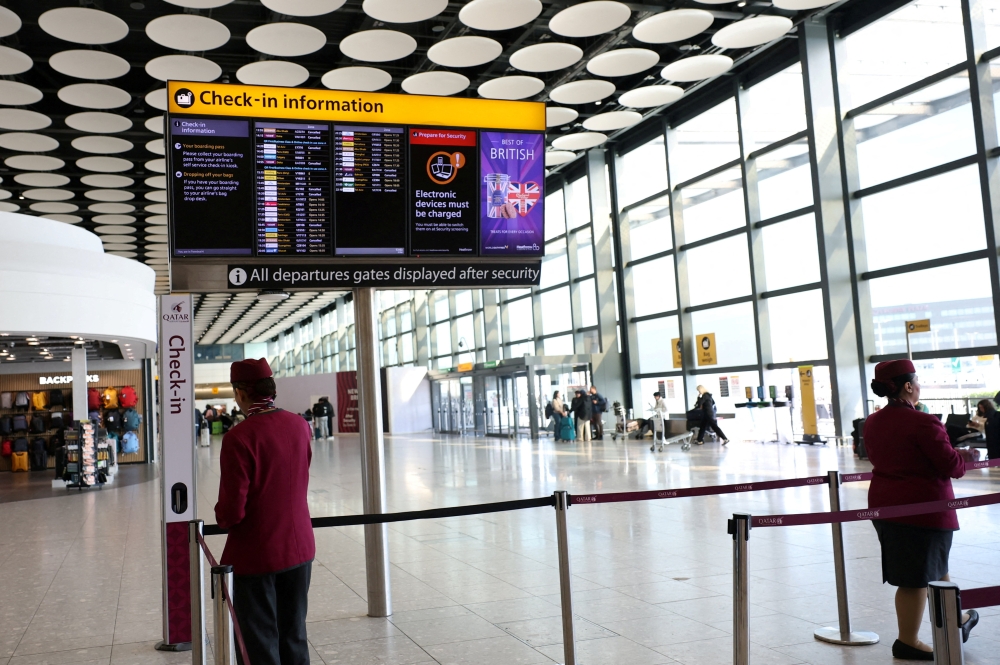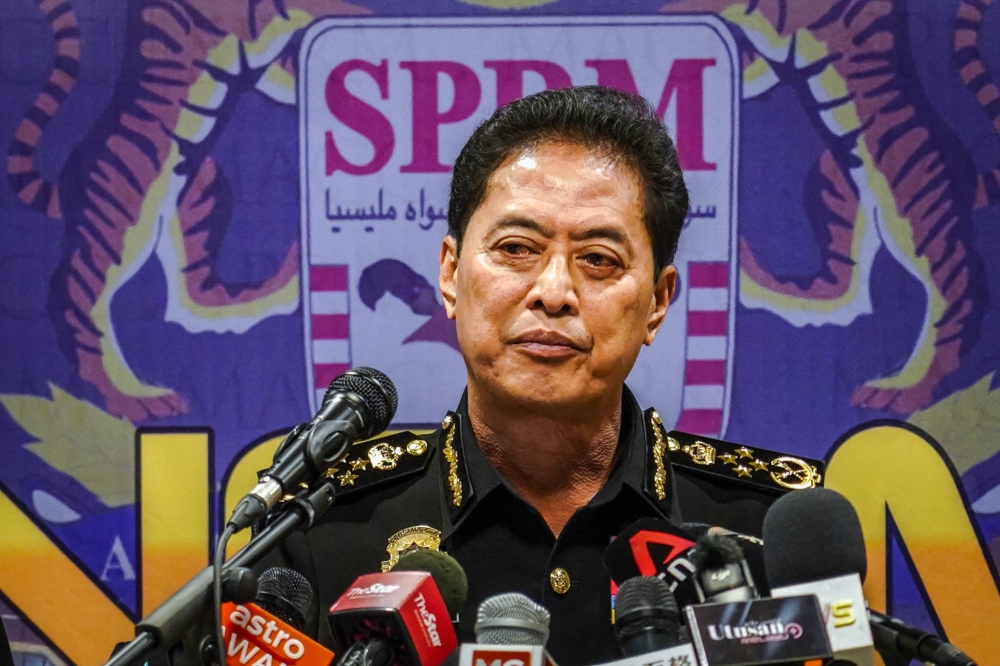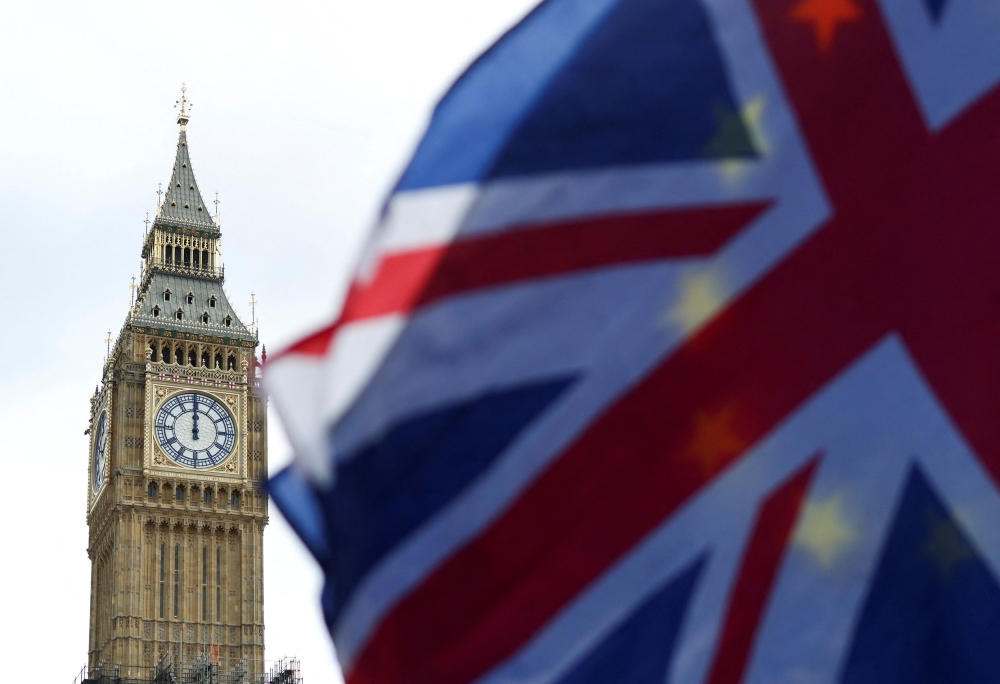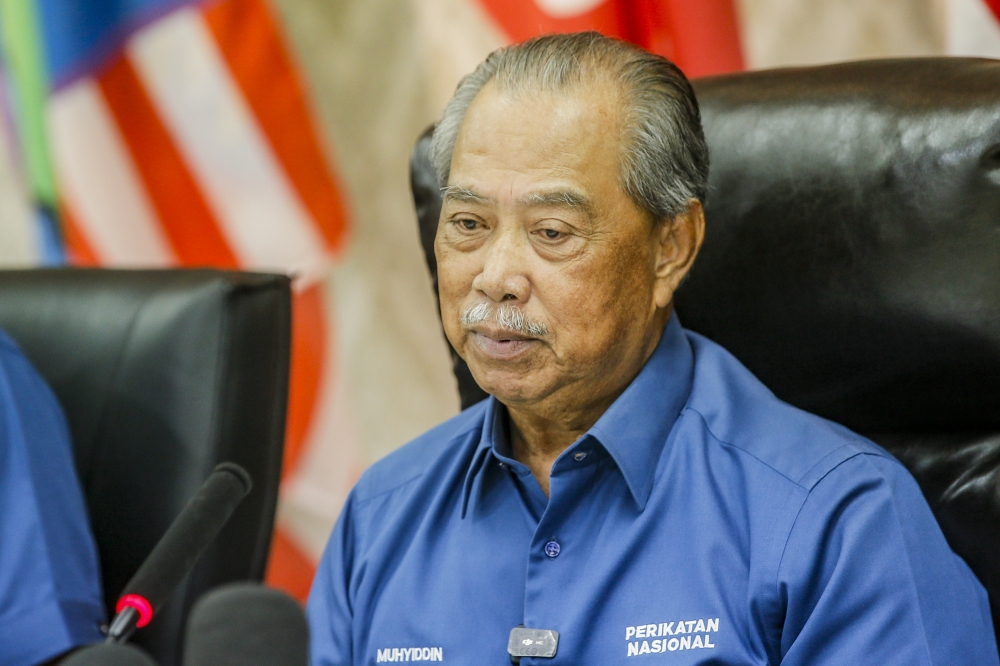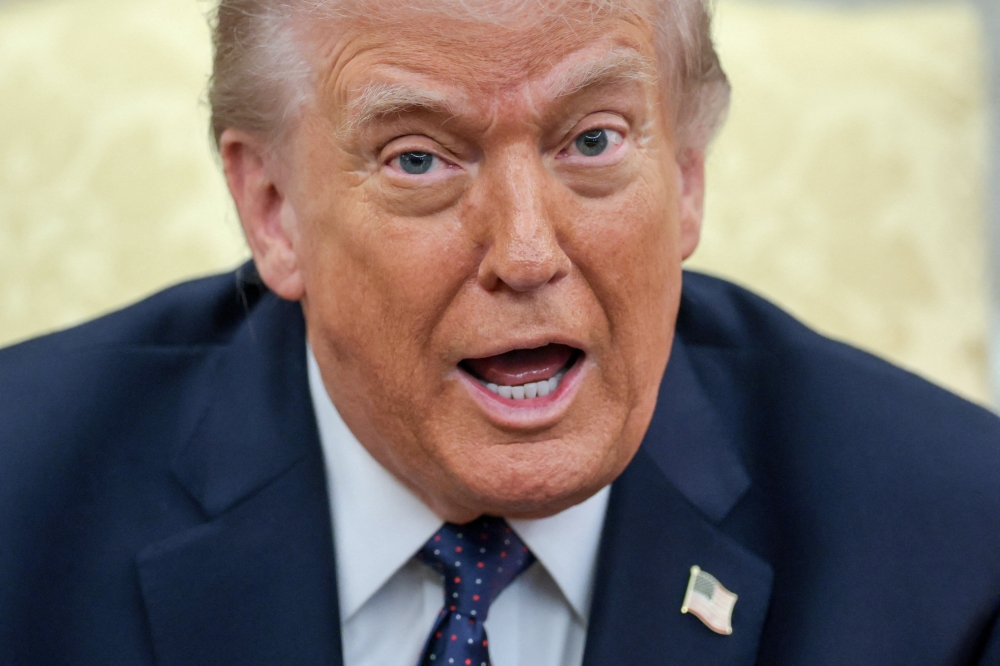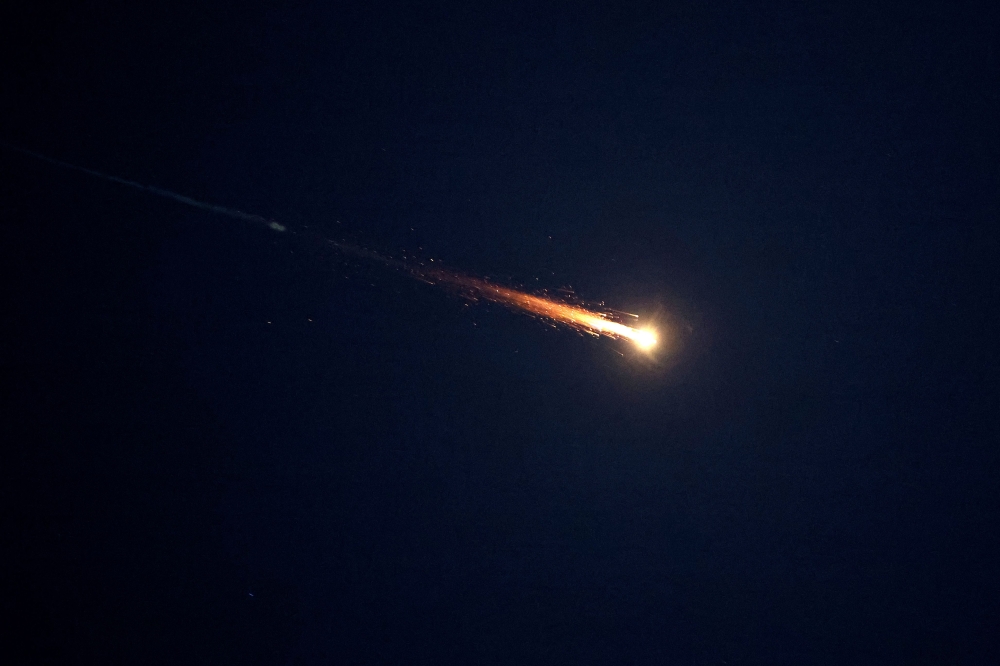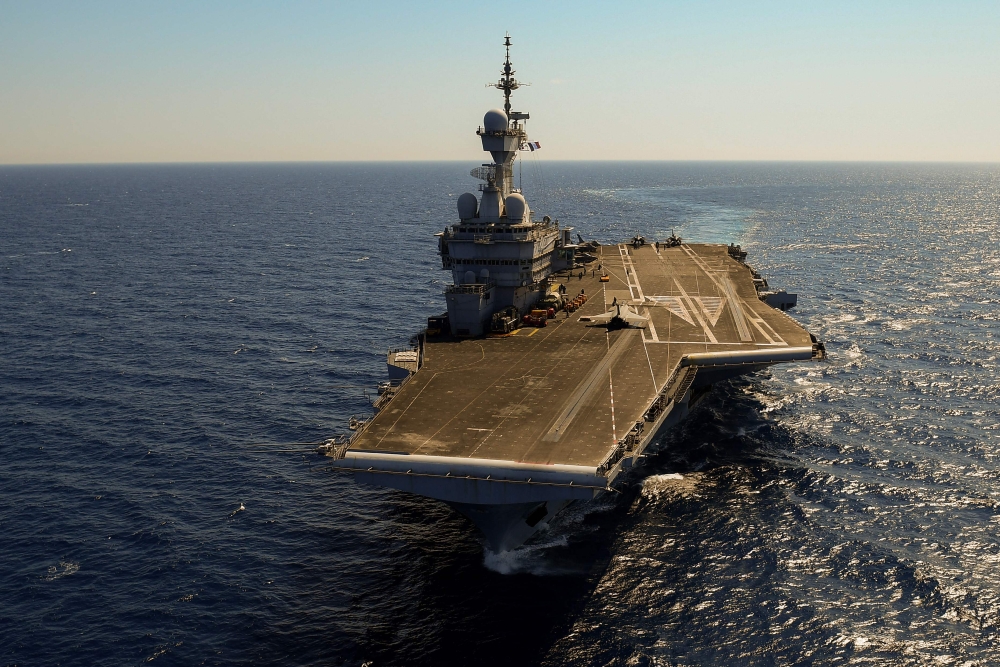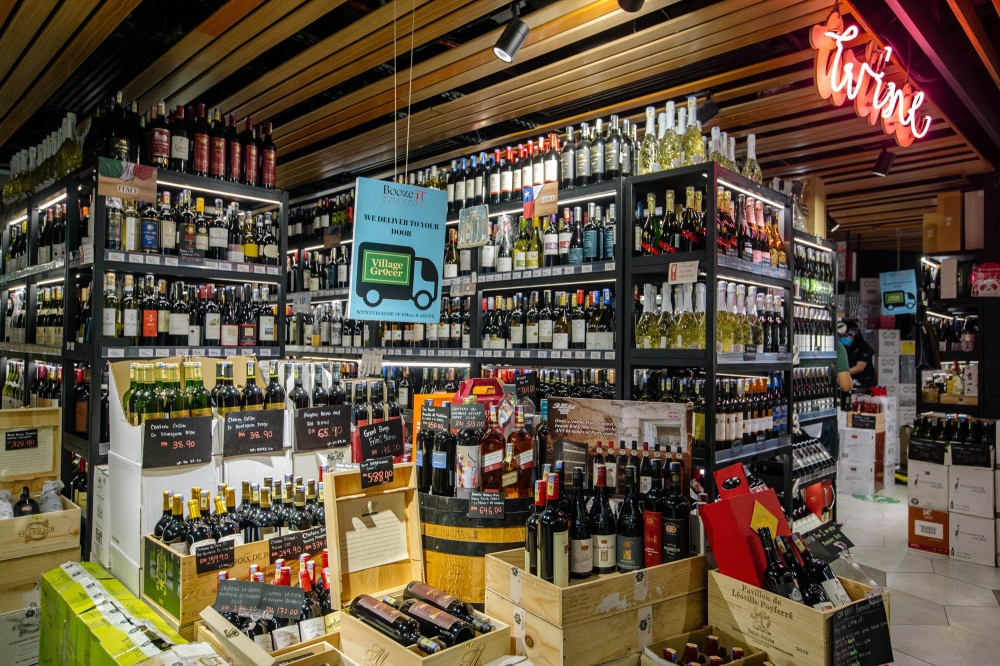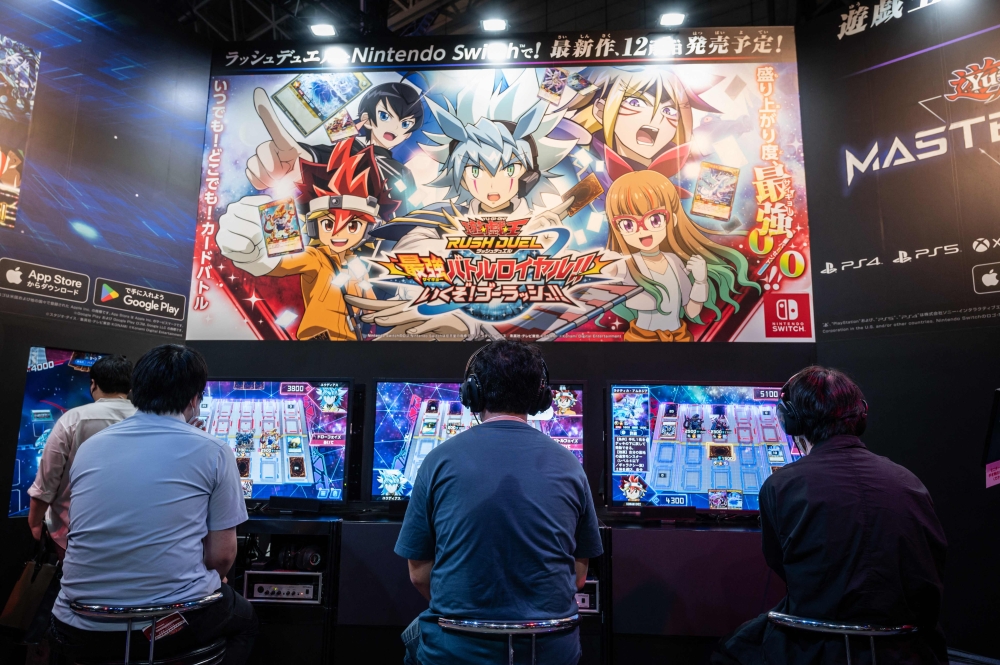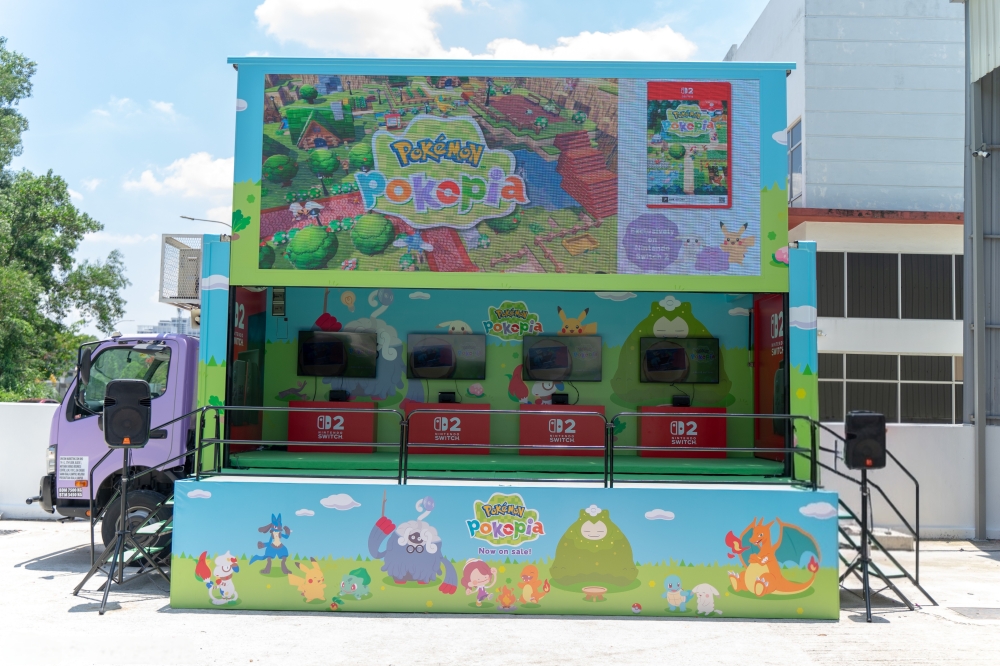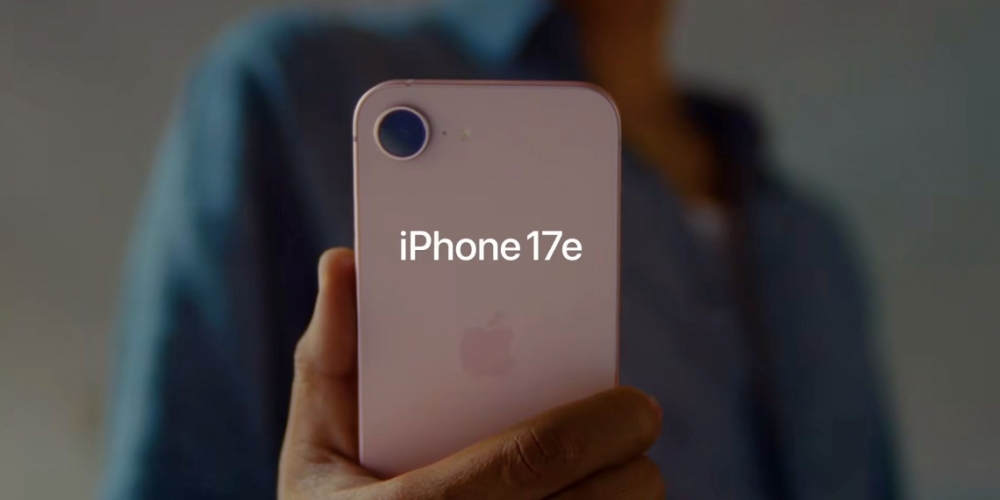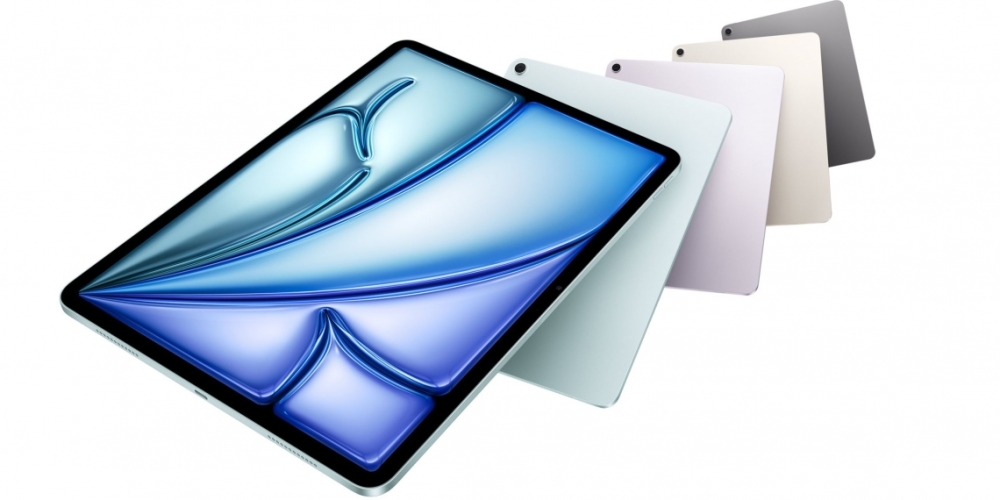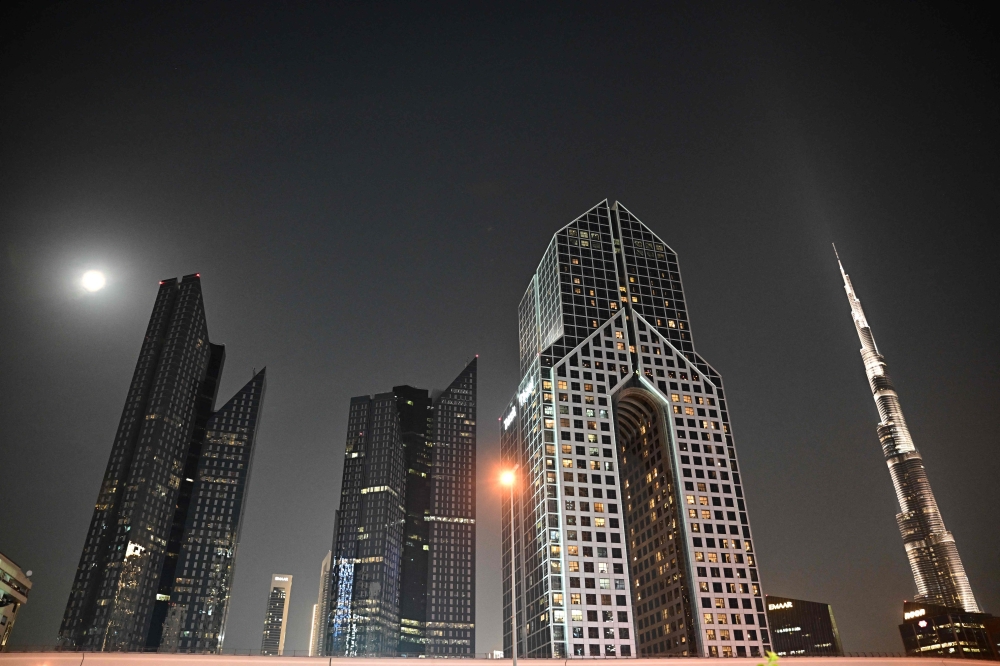PARIS, Oct 15 — Video game companies are fighting it out for a slice of an industry worth an estimated US$300 billion (RM1.4 trillion), with a series of acquisitions leaving four giants and a clutch of feisty independents.
British regulators finally gave the green light to Microsoft’s proposed acquisition of Call of Duty maker Activision Blizzard on Friday, paving the way for the biggest buyout in video game history.
Tencent: Global number one
China-based Tencent is the biggest player in terms of revenue, dominating the Asian market and investing in game studios across the world.
The firm owns Riot Games, maker of battle royale hit League of Legends, and has a stake in French game star Ubisoft.
It also acquired the Finnish studio Supercell (Clash of Clans, Clash Royale, Brawl Stars) in 2016 for US$8.6 billion — a record at the time.
Sony: PlayStation supremo
Japanese consumer electronics colossus Sony has sold more than 500 million PlayStation consoles since 1994.
Through a subsidiary, it controls a host of studios — including Insomniac and Housemarque — that have developed exclusive titles for its machines such as the Spider-Man saga.
It strengthened its portfolio in January 2022 with a US$3.6 billion acquisition of Bungie, the makers of Halo and Destiny, though Halo is still owned by Microsoft.
Sony also invested US$2 billion in April 2022 in Epic Games, the company behind Fortnite.
Microsoft: New big spender
The American behemoth pitched the biggest acquisition in the history of the sector in January 2022 with its offer to buy Activision Blizzard for US$69 billion.
The deal would see the software titan get its hands on major titles such as Call of Duty, World of Warcraft and Diablo.
Regulators in the United States had initially tried to block the deal but suffered a reverse in the courts and eased their objections.
British regulators forced some changes to the deal and approved it on Friday, with Microsoft saying the “final regulatory hurdle” had now been cleared.
The group behind the Xbox consoles already has control of games like “Minecraft”, “Elder Scrolls” and “Fallout” thanks to earlier acquisitions.
And it is now setting its sights on becoming the “Netflix of video games” with its Game Pass online platform that allows users to download games or play them via the cloud.
Nintendo: In-house games
With its reliance on self-made sagas such as Mario, Zelda or Pokemon, Nintendo stands out from its competitors by staying away from the frenzy of acquisitions in the sector.
As well as its in-house games, Nintendo also focuses heavily on its Switch console, which has shifted more than 100 million units since its release in March 2017.
The independents
Several leading publishers have so far stayed out of the hands of the giants, but could become targets in the near future.
American maker Take-Two is a heavyweight in its own right, its stable filled with popular games including Grand Theft Auto, NBA 2K and Red Dead Redemption.
And it has itself played the acquisition game, spending US$12.7 billion to acquire mobile game developer Zynga, creator of the farming simulation FarmVille.
Sega, creator of the Sonic franchise, also dived into the acquisition game on Monday with a bid of more than US$770 million for Angry Birds maker Rovio.
Other major independents include Electronic Arts and Ubisoft, both having multibillion-dollar valuations. — AFP





